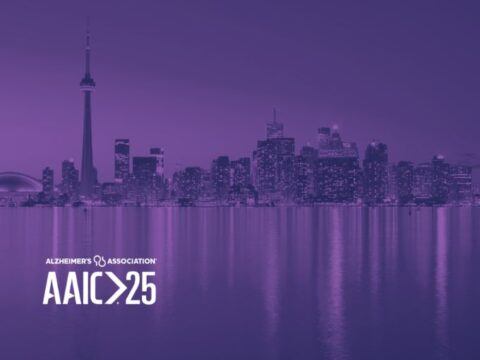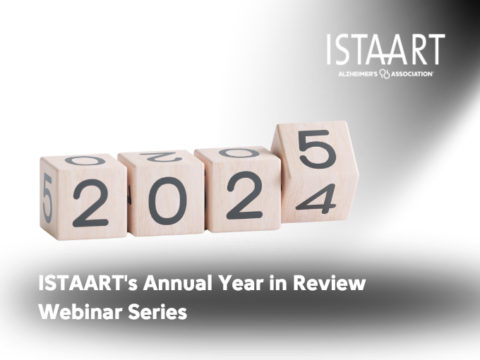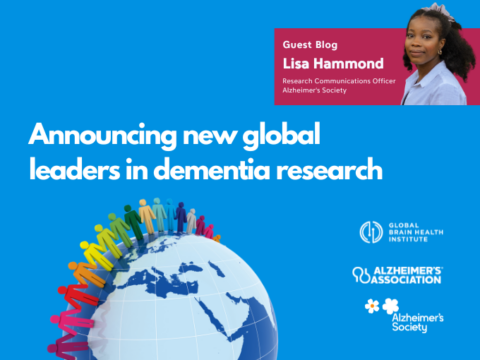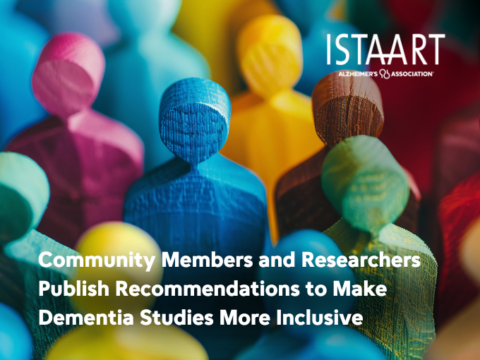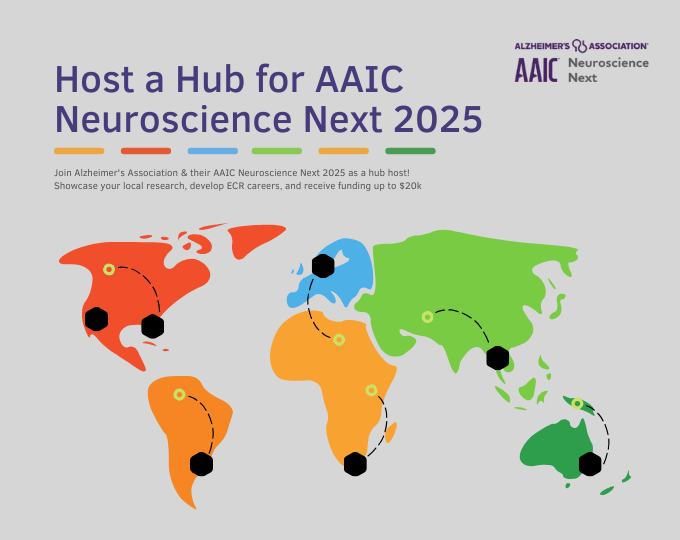
Applications are now open for hosting hubs at the Alzheimer’s Association International Conference (AAIC) Neuroscience Next 2025, scheduled for February 24-27, 2025. This innovative conference, which has evolved significantly since its inception, aims to create an inclusive and accessible platform for the next generation of researchers in Alzheimer’s disease and other dementias.
A Global Endeavour with Local Impact
Building on the success of previous years, AAIC Neuroscience Next 2025 will continue to foster global collaboration through its hybrid conference model, featuring hubs across various regions worldwide. In 2024, the conference featured hubs in Brazil, San Francisco, India, Ireland, Ethiopia, Serbia, and Chicago, each meticulously organised by a team of mid-/senior-career and early-career researchers. This structure not only provides invaluable leadership opportunities for emerging scientists but also ensures a diverse range of perspectives and expertise.
Keerthana BS, who led the 2024 Bangalore hub, shared her experience: “I have learnt leadership, shed hesitation, took responsibility for making this a successful show, and ended up being satisfied. From writing the proposal to delivering closing remarks, it has been a journey filled with learning and experience.”
What to Expect as a Hub
Selected hubs will:
- Work with Alzheimer’s Association to develop an engaging programme.
- Host a plenary presentations
- Feature local research e.g. lightning presentation rounds.
- Develop additional in-person only programming.
In addition to these core activities, each hub will have the opportunity to create bespoke sessions that resonate with their regional scientific and clinical communities. For example, the India hub has previously focused on clinical collaboration, while the Ireland hub has highlighted multidisciplinary research and included a live podcast recording on moving for science.
Funding Opportunities
To support these hubs, the Alzheimer’s Association offers various funding tiers:
- Tier 1: $20,000
- Tier 2: $10,000
- Tier 3: $5,000
- Tier 4: $1,000
This funding is intended to facilitate the local programming and ensure that the hubs can offer enriching and impactful experiences for participants.
Why Host a Hub?
Hosting a hub offers numerous benefits, including:
- Global Exposure: Hubs will be part of a worldwide network, showcasing local research to an international audience.
- Leadership Development: Early-career researchers will gain essential skills in organising and leading a major scientific event.
- Community Impact: Hubs provide opportunities for local researchers to engage with international experts, fostering collaboration and professional growth.
Dr Francesca Farina, co-lead of the 2024 Dublin hub, emphasised the impact on the local community: “We showcased the global perspectives of our Atlantic Fellows and provided hands-on workshops on grant writing, computational methods, and public and patient engagement.”
A Testament to Inclusivity and Accessibility
AAIC Neuroscience Next has been lauded for its commitment to inclusivity and accessibility. In 2024, the conference received 366 abstracts from 29 countries, with 68% of submissions from low- or middle-income countries. The hybrid format allows researchers who might otherwise be unable to attend due to financial or logistical constraints to participate fully.
Sára Erzsebet Zsadányi, in her blog, highlighted the significance of this approach: “The hybrid format brings the conference closer to home for many, especially in regions like India, Africa, and South America, which are often overlooked as conference locations. This inclusivity is crucial for the global advancement of Alzheimer’s and dementia research.”
How to Apply
To express interest in hosting a hybrid hub for AAIC Neuroscience Next 2025, please submit your application. The deadline for applications is August 9, 2024 at 11:59 p.m. Central Time USA.
Join Alzheimer’s Association in creating a vibrant, inclusive, and globally connected community of Alzheimer’s and dementia researchers. Together, we can support the next generation of scientists and make significant strides in the fight against these devastating diseases.

 Print This Post
Print This Post
